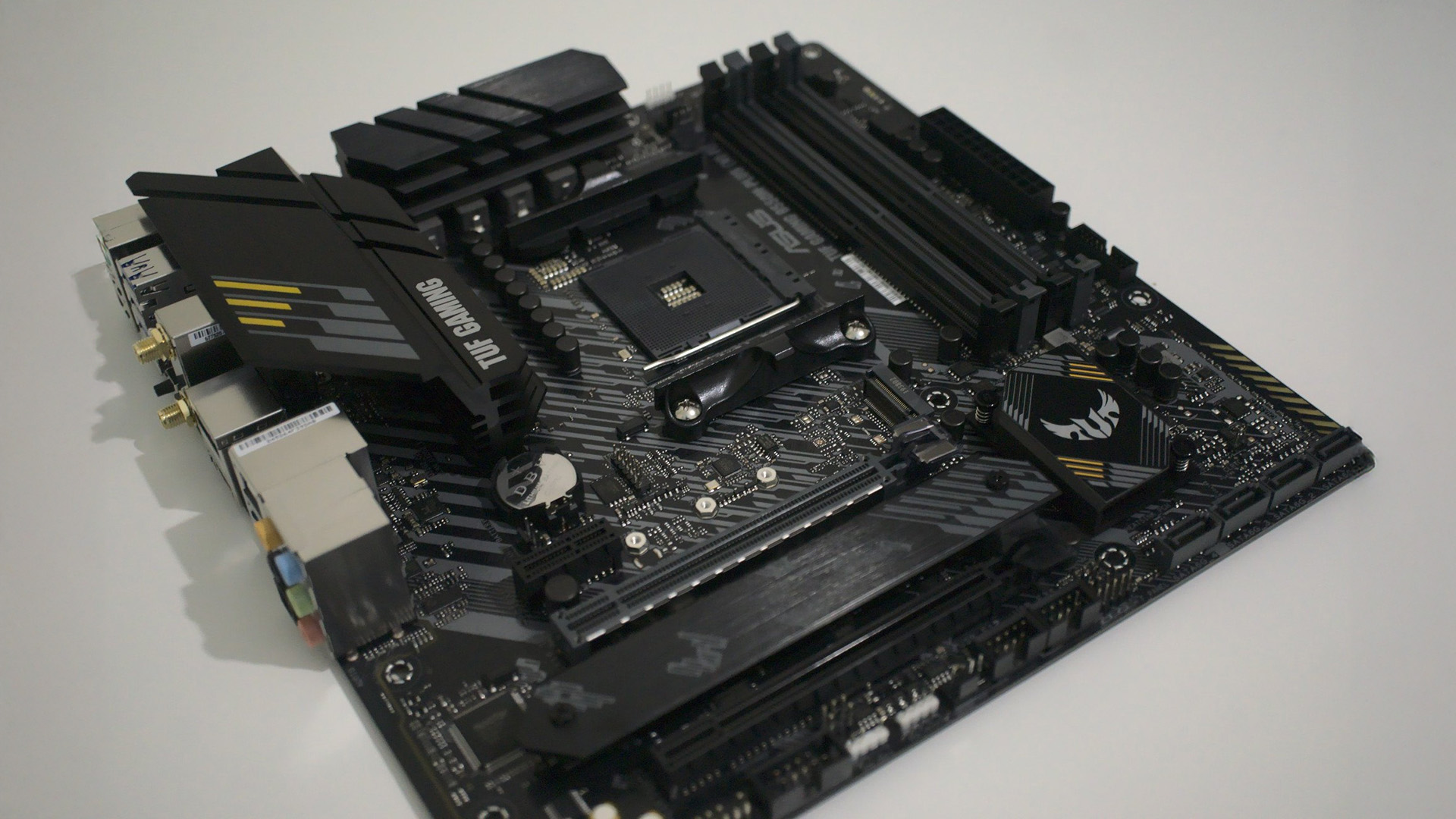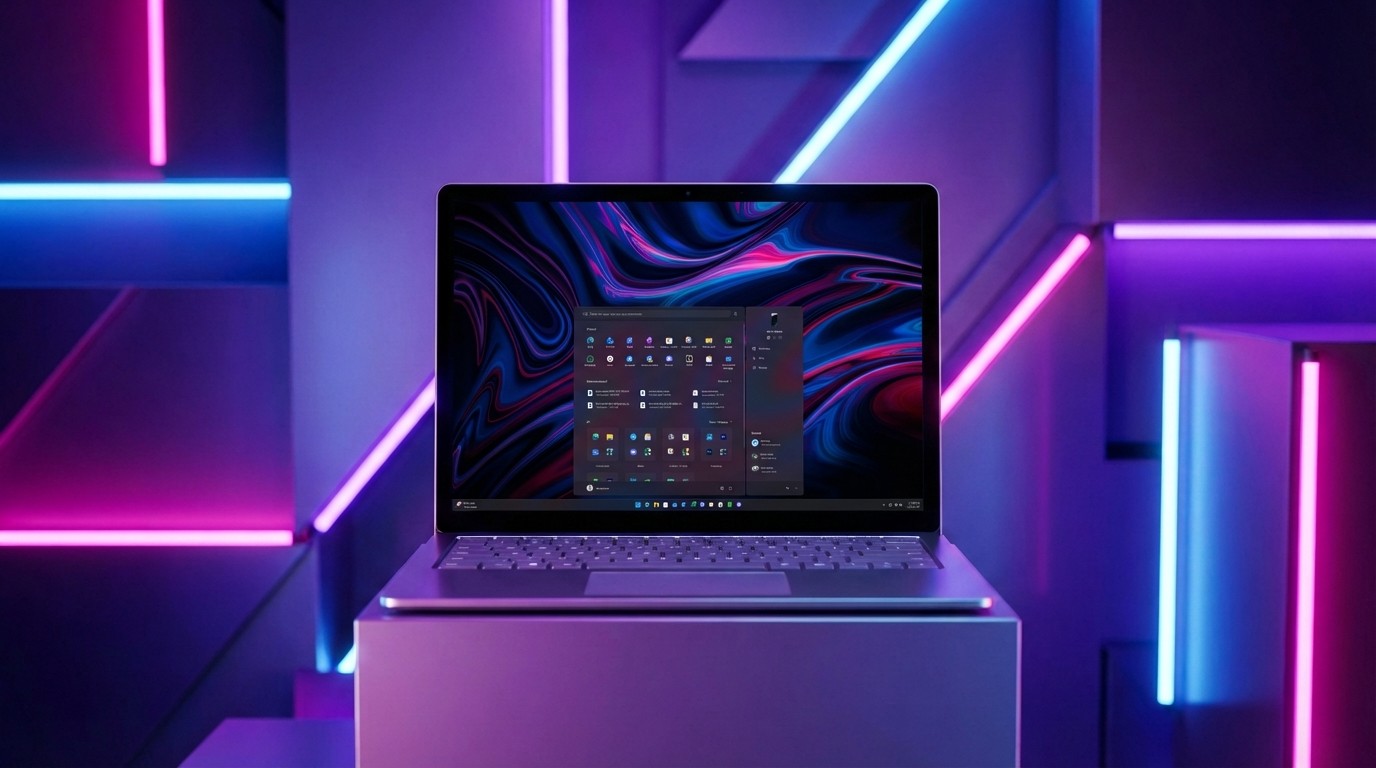Best motherboard for AMD Ryzen 5 5600X in 2025
Find the best motherboard for the Ryzen 5 5600X, AMD's perfect mid-range CPU pick.
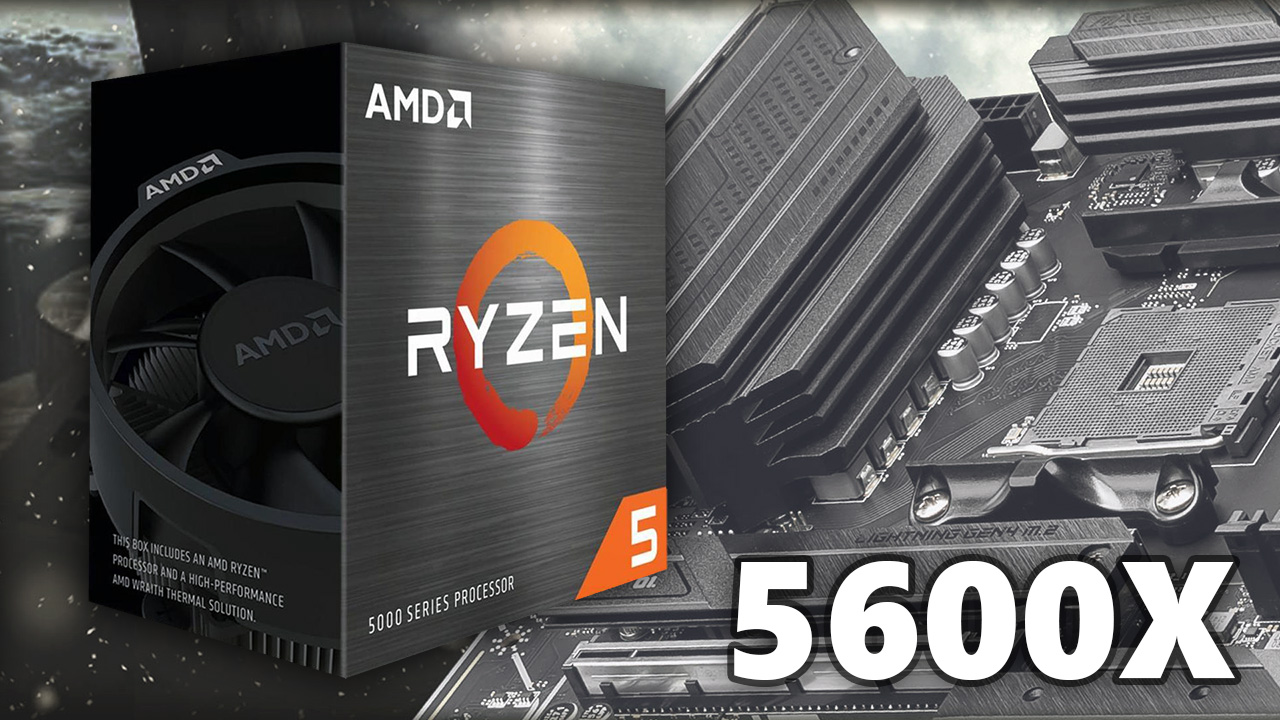
All the latest news, reviews, and guides for Windows and Xbox diehards.
You are now subscribed
Your newsletter sign-up was successful
The AMD Ryzen 5 5800X was launched in November 2020 and is one of the longest-serving, value-for-money desktop CPUs in recent history. Honestly, some people talk about future-proofing — but if you bought this Zen 3 chip back then, it would still be serving you well today. It remains a sound choice for anyone looking to build a budget desktop PC today, since you can pick one up brand new, but you'll need a compatible motherboard to pair it with, so these are my top-rated picks as someone who actually bought and used the 5800X.
So, what are the best motherboards for gaming with this chip?

I've always used AMD processors in my custom-built desktop PCs and don't feel much temptation to switch. Besides the days of Athlon 64, I've had recent rigs with Ryzen 3000, 5000, 7000, and now 9000 chips.
The best motherboards for AMD Ryzen 5 5600X
Why you can trust Windows Central
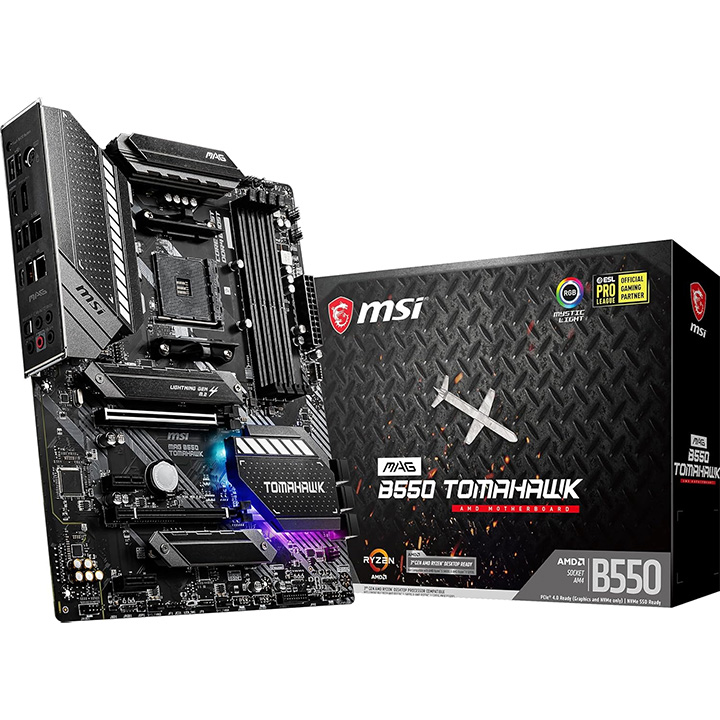
I used this very motherboard in my previous gaming desktop, proving to be one of the best value boards I've ever owned. No built-in Wi-Fi, but enough headers for fans and PCI 4.0 support for pretty speedy M.2 SSDs.
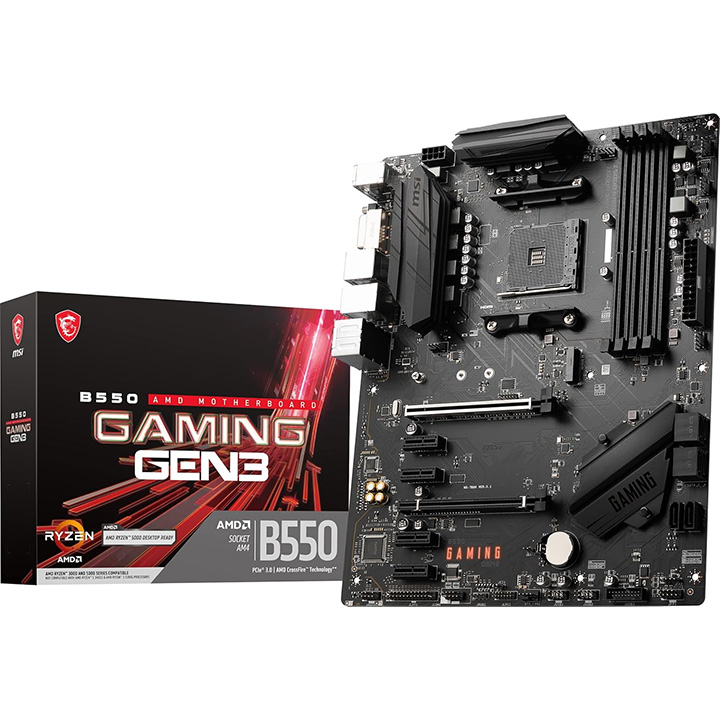
One of the cheapest you'll find, but it's still a great AM4 board, and was the exact model I used before upgrading to the Tomahawk. There's no Wi-Fi support, and SSDs are limited to PCIe 3.0, but it's a no-frills marvel.
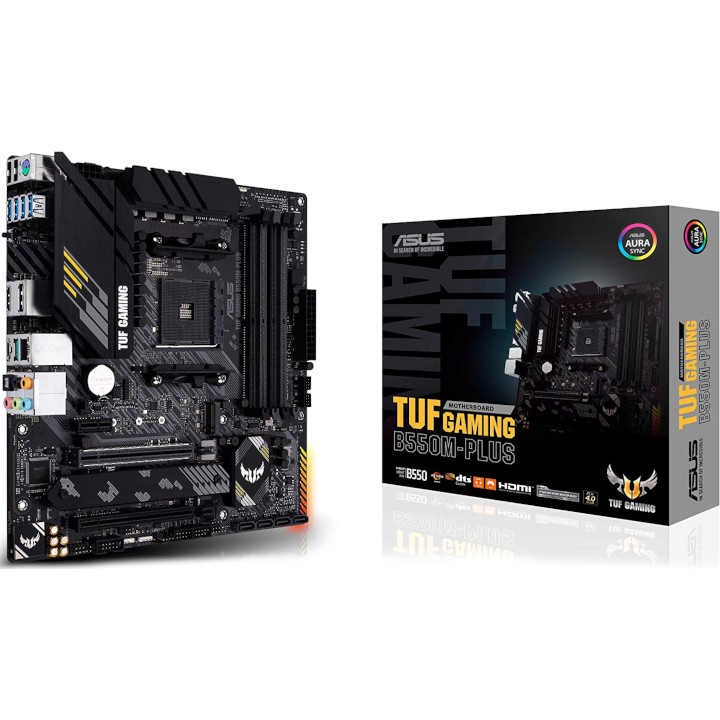
You'll lose secondary SSD space on the ASUS TUF Gaming B550M-Plus, but the single M.2 drive will run at PCIe 4.0 speeds, and you get USB 3.2 Gen 2 support for affordable external drives. Great for
How to choose a motherboard
Before I upgraded to AMD's Ryzen 7 9800X3D, I used the Ryzen 5 5800X for years with the MSI B550 Tomahawk motherboard, opting for it over its slightly less powerful sibling, the Ryzen 5 5600X, purely because of a discount that brought the price of each so close together, and I figured why not squeeze out some extra performance.
Some brands don't appear as they used to, but in my usual ASUS vs Gigabyte vs MSI gaming motherboards selection process, MSI usually wins out. At the very least, they're my top recommendation for the best budget gaming motherboards, but they offer high-end variants too.
My previous board, the MSI B550 Gaming Gen3, was totally fine for its purpose as an entry-level gaming PC option, and I likely would have kept it if I hadn't later upgraded my storage and case. As always, check your storage and expansion cards for compatibility, and consider how many USB headers you need for your PC case.
What features are important in a gaming motherboard?
When I'm asking myself how do I choose a compatible motherboard for gaming, I almost always lean towards options that have enough header pins to link one or two fans and control the speeds in my BIOS, and then pair up a compatible M.2 slot for whatever solid-state storage drive I'm using and PCIe Gen for my GPU.

Follow Windows Central on Google News to keep our latest news, insights, and features at the top of your feeds!
All the latest news, reviews, and guides for Windows and Xbox diehards.

Ben is a Senior Editor at Windows Central, covering everything related to technology hardware and software. He regularly goes hands-on with the latest Windows laptops, components inside custom gaming desktops, and any accessory compatible with PC and Xbox. His lifelong obsession with dismantling gadgets to see how they work led him to pursue a career in tech-centric journalism after a decade of experience in electronics retail and tech support.
